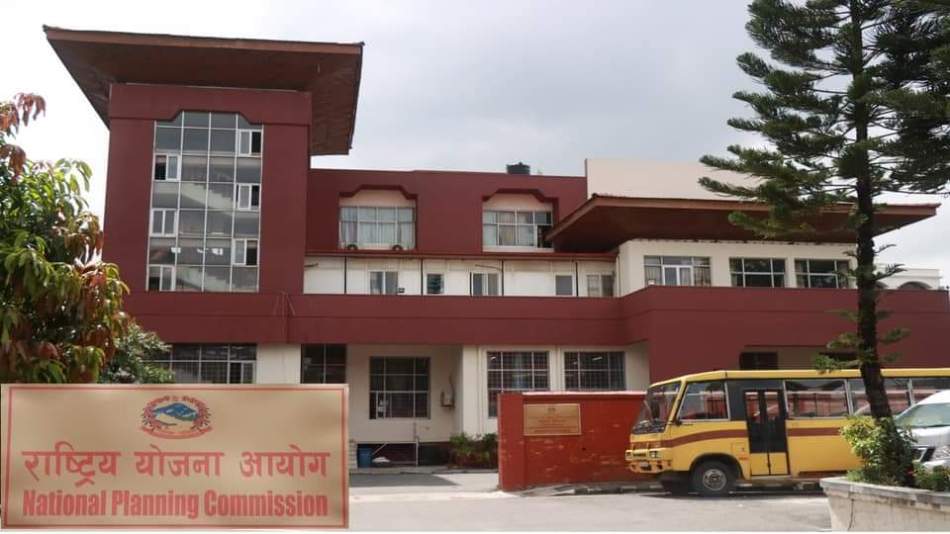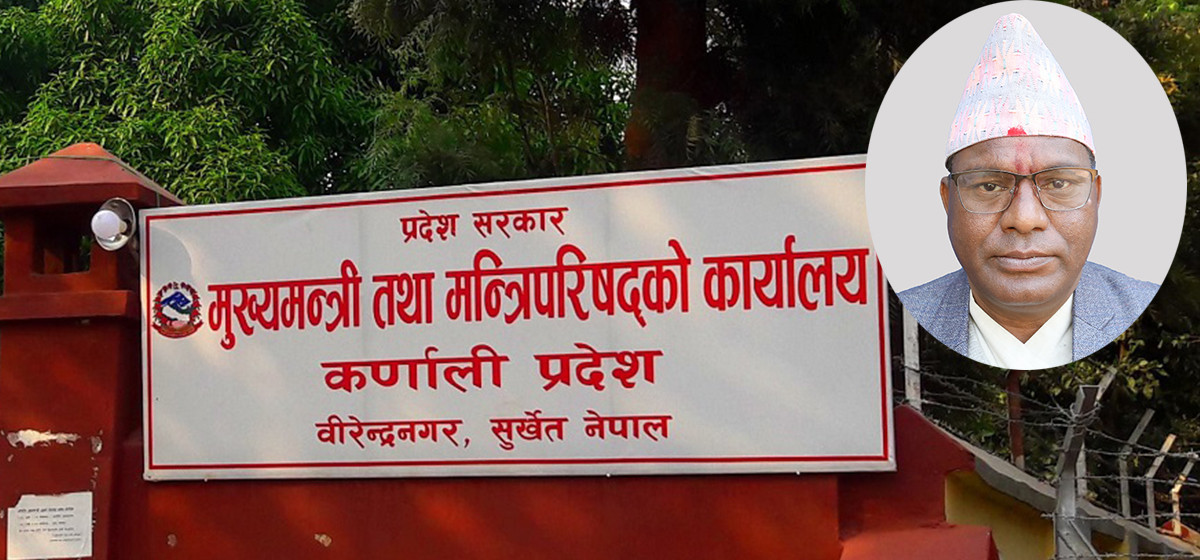
OR
Demand to use at least 60 percent domestic products in govt offices
Published On: September 15, 2022 01:42 PM NPT By: Republica | @RepublicaNepal

KATHMANDU, Sept 15: At a time when most of the goods in the country are imported from abroad, there is a demand to encourage the use of domestic goods in government offices to increase domestic production.
This was said by the participants at a program organized by the Ministry of Industry, Commerce and Supplies on Wednesday to discuss the 'Prime Minister's Nepali Production and Consumption Enhancement Program'.
In the event, Nepali Congress General Secretary and Member of Parliament Gagan Kumar Thapa said that in order to encourage domestic production, a limit should be set that 60 to 70 percent of the items used in government offices should be domestic. He said that the use of such products should be increased to establish the concept of 'Nepali industry, employment in Nepal, own production, own business', to protect the indigenous industries and to create a situation where indigenous products are consumed in the country.
Thapa said that the ‘Prime Minister Nepali Production and Consumer Promotion Program’ was introduced with the aim of developing a better economy by increasing employment, substituting imports and promoting export through the enhancement of Nepali industry and Nepali production. "Policies should be made to promote industry and products within the country," Thapa said, "Incentives such as tax exemptions, production and export subsidies should be given."
He also said that because the government did not protect the industry and production, the productive sector could not be protected. Thapa also said that the Prime Minister's Nepali Production and Consumer Promotion Program, which the government has put forward through the budget, will support this. The government has started the 'Prime Minister Nepali Production and Consumer Promotion Program' in the current financial year 2022-23. The plan of this program was prepared by the NC General secretary Thapa himself. This program was introduced to reduce trade deficit, protect domestic industry and increase production.
To reduce the trade deficit, Thapa suggests working in textile, footwear, agriculture and food, forest products, herbs and medicine, construction, handicraft and other sectors. The main goal of the program is to increase domestic and foreign investment in productive areas, promote innovation in small and medium enterprises, increase skilled employment, expand the market for Nepali products, and increase production and consumption. Thapa argues that the work of creating physical infrastructure, commercial facilitation, and developing competitive skills for the industry should be continued.
In addition to promoting a timely strategy through tax and customs duty exemptions and export subsidies, the government brought policies and programs to continuously continue the development of competitive skills, commercial facilitation, construction of common physical infrastructure, access and internalization of new technology and procedural simplification. To increase production, there is a plan by the government to carry out campaigns like Make in Nepal, Made in Nepal together.
You May Like This

I will work to make NC obstacle-free : Deuba
KATHMANDU, Dec 21: Prime Minister and Nepali Congress (NC) President Sher Bahadur Deuba has said that he will work to... Read More...

Voting against govt proposal by coalition partners unethical: Thapa
KATHMANDU, Feb 22: General Secretary of the Nepali Congress, Gagan Kumar Thapa, has said that the ruling partners are not... Read More...

'Lack of inter-ministerial coordination severely affecting public service delivery in Nepal'
KATHMANDU, Sept 30: Sitting lawmakers as well as experts in the field of public service have said that lack of... Read More...







Just In
- National Development Council meeting on Thursday to finalize 16th Plan
- Qatar Emir meets PM Dahal, bilateral agreement and MoUs signed between Nepal and Qatar
- Employee involved in distribution of fake license transferred to CIAA!
- Youth found dead in a hotel in Janakpur
- CM Kandel to expand cabinet in Karnali province, Pariyar from Maoist Center to become minister without portfolio
- Storm likely to occur in Terai, weather to remain clear in remaining regions
- Prez Paudel solicits Qatar’s investment in Nepal’s water resources, agriculture and tourism sectors
- Fire destroys 700 hectares forest area in Myagdi



_20240423174443.jpg)








Leave A Comment